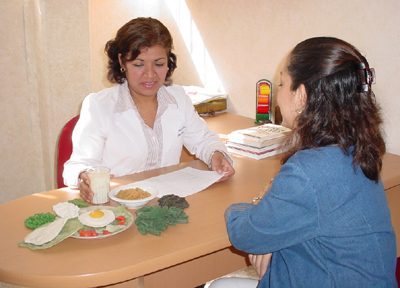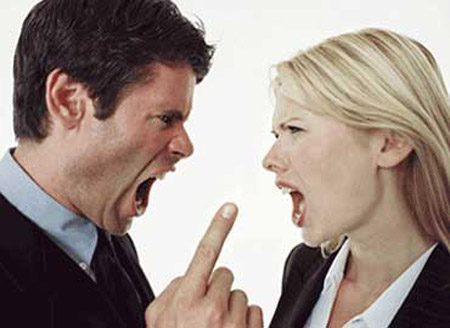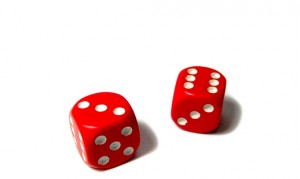 It will be considered something like plausible when looks like real, therefore, it is that something plausible is credible since it does not give rise to falsehood.
It will be considered something like plausible when looks like real, therefore, it is that something plausible is credible since it does not give rise to falsehood.
That which appears to be true and credible
The plausible may or may not be real, but it does have the appearance of being real and this makes it credible, possible.
When a police event occurs about which there is not much data or witnesses, but a single person who witnessed it, the police authorities will listen to it and then if their statements are adjusted to what is possible, admissible, according to the scenario and expertise, they will then be able to take that testimony as credible to continue the investigation and find the truth of the fact.
Although be careful, something that is plausible is not impossible that it can be false in some cases, anyway, when considered as plausible it will end up coinciding with the context in which it received that qualification.
“I don't know if what Juan told really happened, it sounded quite plausible anyway.”
The influence of the plausible in fiction and the acceptance of what is not but which is coherent in history
At the request of literature, theater and cinema, the plausible has a relevance and a very concrete observation by the spectators since, even in the most absolute fiction, certain conditions of coherence will always be demanded, that is, the public normally expects to be told something credible and credible within the framework proposed by the author in question.
Thus, in an artistic work such as a book, a movie or a television series, the verisimilitude of the same will be more than anything related to the coherence within the universe itself that refers the same, that is, do not confuse the plausible with the real or true, in a work that is being represented by actors, nothing that happens there is real, it is part of a fiction, and that is clear to everyone, in the meantime, the verisimilitude will be given by the congruence between the story and what we perceive as spectators. A character who suddenly, right off the bat, takes off, obviously, will not be credible at all.
So, in this context, verisimilitude will have to do with the respect for internal rules of the work in question; the viewer knows perfectly that what happens in it is coherent with any other reality, although he also knows that it is something unreal or fanciful.
To achieve verisimilitude, the author must follow some rules that the genres themselves impose and also some others that he himself imposes. For example, in a cartoon when we see a character falling from a cliff and after that it continues as if nothing had happened in the next scene, such an image will be plausible for that genre, what would be implausible in the animated world is that we see that same character injured lying on the floor.
Now, we must make a separate paragraph in this that we mentioned and say that in some works or fiction proposals some licenses are “allowed” in this sense because the plot or argument that it raises requires it, and although it cannot be plausible, yes it is consistent with the story that is being told.
A very concrete example to understand what we say is the popular story of Dracula.
A deceased man who still has life and who feeds on biting his victims from whom he sucks their blood.
Of course none of this is plausible in the reality of life, however, within the framework of the story there is a coherence and concordance that does not generate rejection for the viewer, but rather the opposite enters the plot and follows each happening with attention and expectation.
So, the coherence that the author knows how to bring to a plot is what will make it plausible and in this case we should not want to equate what happens with the real because just like the case that we already indicated of Dracula it has nothing to do with the real, with the everyday that is possible to happen far from it.









